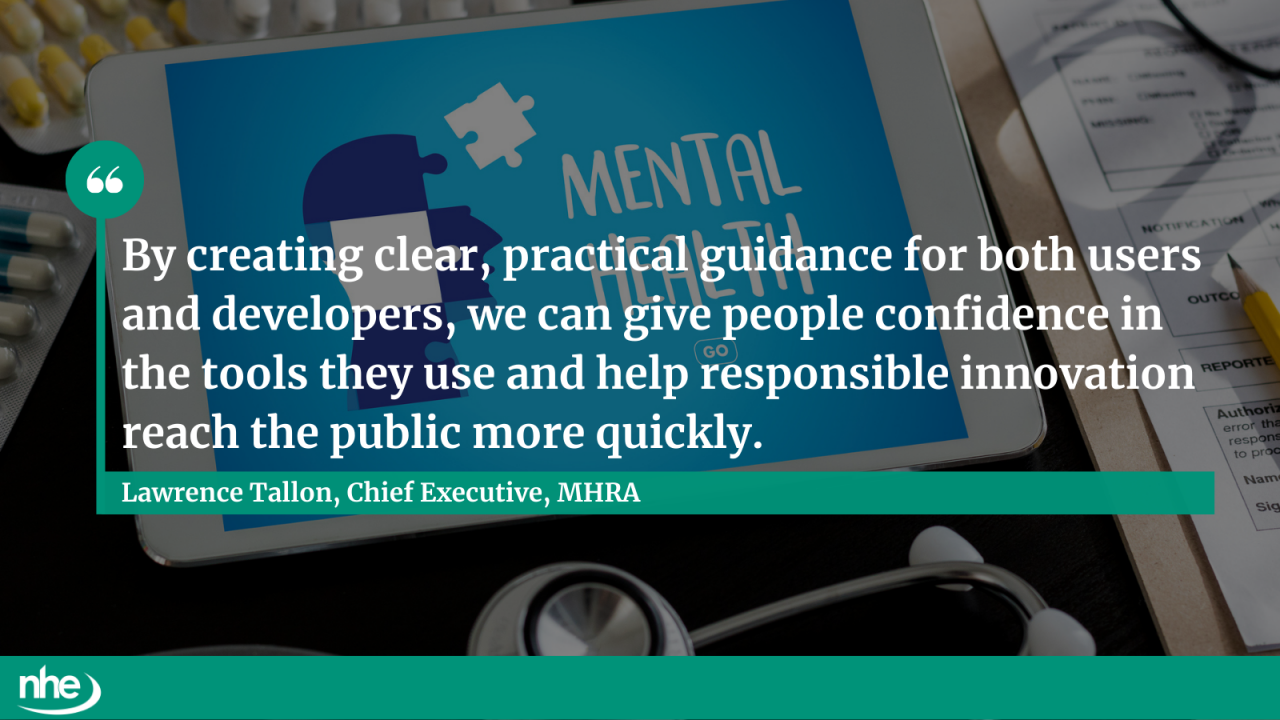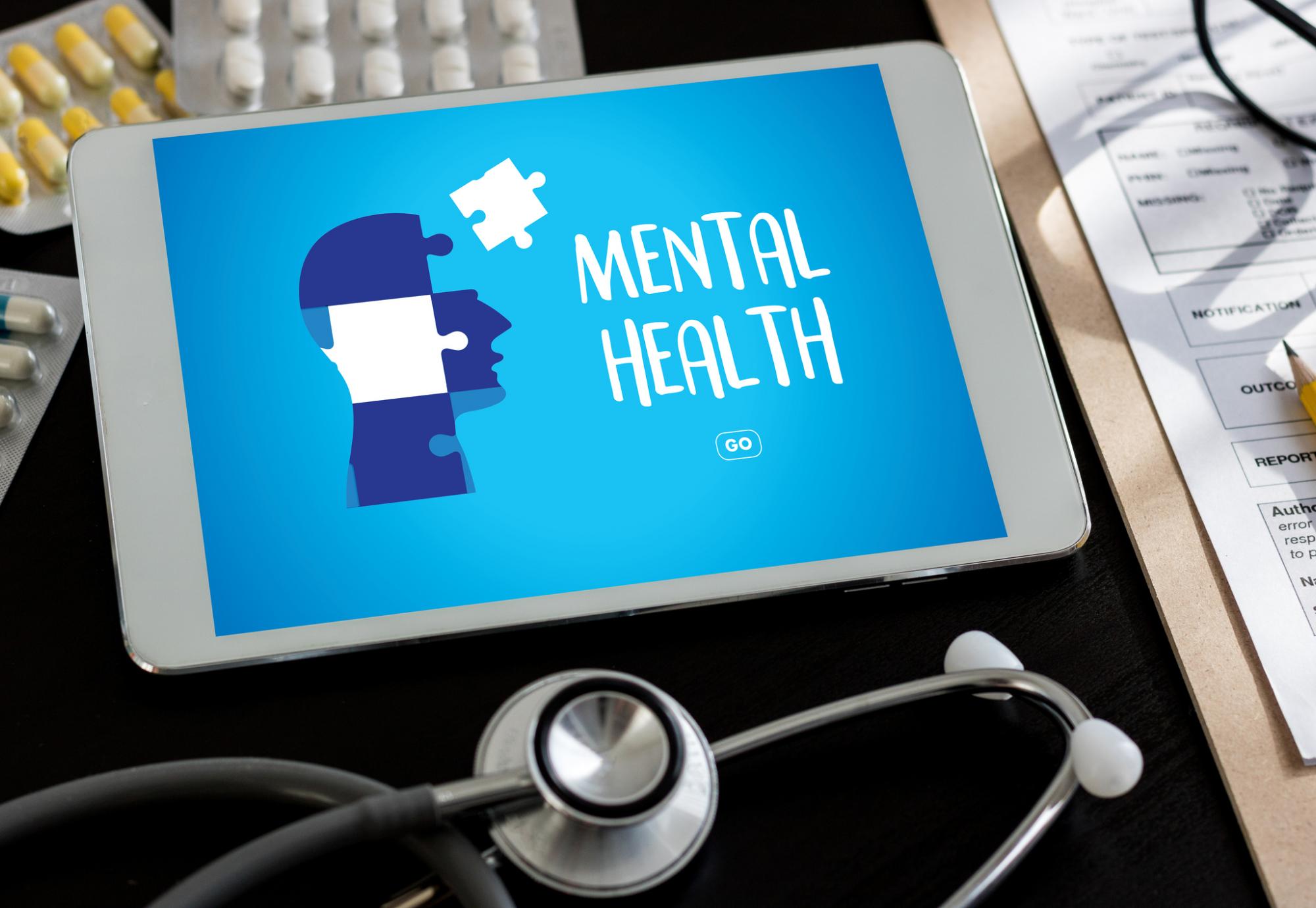People across the UK will gain better access to safe, effective digital mental health support, thanks to a £2 million funding boost for clearer regulation and evaluation of these technologies.
The Medicines and Healthcare products Regulatory Agency and the National Institute for Health and Care Excellence have secured extended funding from Wellcome to continue their joint work on consistent standards for digital mental health tools. Running until Autumn 2028, the renewed support builds on efforts to ensure people can trust how these technologies work and what they offer.
From symptom-tracking apps to AI-powered assessments and virtual reality therapy, digital mental health technologies are increasingly used by individuals and the NHS to manage conditions such as depression, anxiety and stress. Research suggests these tools can deliver real benefits when combined with other forms of care, but clear standards and reliable evidence are essential.
Although some digital mental health technologies fall under medical device regulations, new research from Woodnewton shows many people do not realise they can report problems via the Yellow Card scheme, highlighting the need for better guidance.
Since launching in 2023, the programme has focused on risk-proportionate regulation and evaluation, working with people with lived experience, mental health specialists, developers and international partners.
MHRA Chief Executive Lawrence Tallon said:
“Digital mental health support is becoming part of daily life for many people. When someone turns to a tool to help with their mental health, they need to know it is safe, effective and built on reliable evidence. This funding helps us continue that work. By creating clear, practical guidance for both users and developers, we can give people confidence in the tools they use and help responsible innovation reach the public more quickly.”

The next phase will include:
- Establishing a digital mental health technology AI airlock
- Exploring international reliance and mutual recognition for regulation
- Driving higher quality and evidence standards for UK market technologies
- Addressing challenges in transporting evidence across global settings
For the public and clinicians, this means clearer information about what digital mental health tools do, how they have been assessed, and the evidence behind them. For developers, it provides a transparent framework that supports both innovation and safety.
This funding forms part of Wellcome’s commitment to transform early intervention for anxiety, depression and psychosis, creating a world where no one is held back by mental health problems.
Image credit: iStock



















